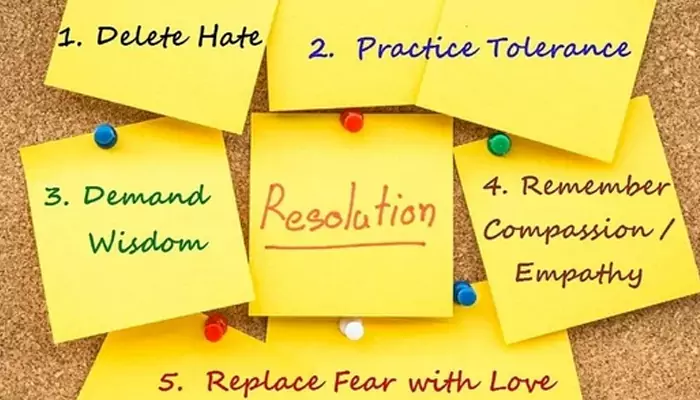Change in Australian Student Visa Rules: Will it Impact Indian Students?
- Admin
- 1 year ago
- 4 minutes read

Australian government has become more stringent in providing student visa since March, 2024.
The Anthony Albanese-led government has introduced these new rules to prevent back-door entry to Australia for work and permanent residency. Australia has been a top priority for international students due to quality education, advanced technologies, and job security. However, there has been numerous issues associated with the previous process including backdoor entry and unethical practices by institutes. To prevent these, Australian government came up with new rules for international students.
In this article, we will discuss about the impact of new Australian visa rules on Indian students.
The Reason Behind New Visa Rules:
International education has been a key contributor to Australia's economy. In 2022-23 session, it was valued at A$36.4 billion ($24 billion). Over the last decade, there has been a rapid rise in migration leading to higher rental costs across the nation.

However, frequent unethical practices associated with backdoor entry led to this drastic step. The Australian government is now planning to reduce migration rates. This starts from reducing student intake every year.
“We are significantly reducing migration levels - we are in the middle of the biggest drop in migration numbers in Australia's history, outside of war or pandemic,” Home Affairs Minister Clare O'Neil stated.
Indian Students in Australia:
“India continues to be the second-largest source country for international student enrolments in Australia,” India's High Commission in Canberra said last year.
Sachin Jain, Country Manager, ETS India and South Asia, mentioned: “Australia remains the preferred choice for Indian students and working professionals, with over 1.2 lakh Indian students studying last year.”
Will New Rule Impact Indian Students?
In recent months, only visas for “low-risk universities on level 1” have progressed quickly. According to the Guardian report, a large number of students had to withdraw their applications due to processing delays.

Since the implementation of new rule, at least 48% drop was seen in visa approval for Indian students than the last year. Apart from Indian students, the visa refusal rate is high for students from Nepal (53%) and Pakistan (53%) over the same period.
The Australian government has announced a massive hike in the financial requirement for foreign student visas. As per new rule, international students must “demonstrate savings of at least A$29,710 ($19,576) to qualify for a visa.”
Meanwhile, this is the second increase in seven months. Previously, the value was A$24,505 in October. This is surely going hurt Indian students in Australia.
However, from this year Australia has resumed accepting TOEFL marks for visa applications, which may help students.
India-Australia Relationship in Danger?
There is an increasing concern about the relationship between India and Australia.
“My major concern is the impact upon our bilateral relations with countries which are singled out when government and media seek to highlight these integrity issues by country,” said Barry O’Farrell, former Australian high commissioner to India.
“There are many economic, strategic and social benefits to Australia and the source countries of overseas students wanting to study in Australia. The practice should be encouraged,” he continued.

Words from Experts:
Ravi Lochan Singh, Managing Director of Global Reach education agency said: “In America, New Zealand, or the United Kingdom, the visa policy remains the same, irrespective of which university you go to. There is no separate fast track. It was the long waiting time for visas, not rejections, that was hitting the students. So many students are waiting for a decision.”
The Albanese government is planning to reduce new arrivals by about 250,000 a year. Indian students working part-time in Australia support the gig economy there. Thus, sudden change in rule will hurt genuine students and the nation.












